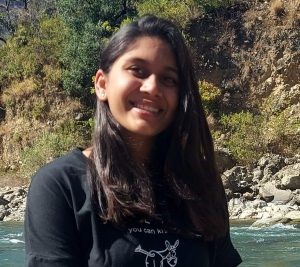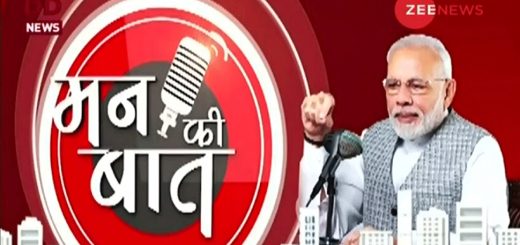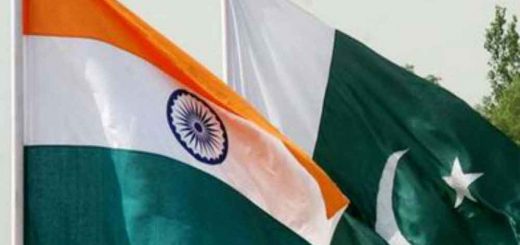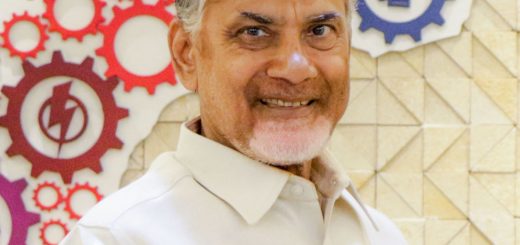B.S.Yeddyurappa- The shortest-serving CM of India

Khevna.P.Shah, INN/Bangalore
@Shahkhevna1, @Infodeaofficial
Before the beginning of the trust vote on 19 May 2018 at 4 p.m, Yediyurappa gave an emotional speech and resigned from the post, thereby becoming the shortest-serving CM in the country’s history.

- S. Yediyurappa was born on 27 February 1943 in Mandya district’s Bookanakere village in British India to Siddalingappa and Puttathayamma. Yediyurappa then completed his pre-university education from Government college, Mandya (Mysore University) during 1960–61. His highest educational qualification is B.A.
In 1965, he was appointed as a first-division clerk in the social welfare department but resigned to join as a clerk at Veerabhadra Shastri’s Shankara rice mill in Shikaripura. His political journey began in 1970 when he was appointed as Jana Sangh’s Secretary of the Shikaripur unit. Two years later, he was elected to the Shikaripura Town Municipality and was also appointed as the President of the Taluk unit of the Jana Sangh. He was imprisoned during the Emergency imposed by the then Prime Minister Indira Gandhi.
In 1980, he was appointed President of the Shikaripura taluk unit of the BJP and went on to become the president of BJP’s Shimoga district unit in 1985. And in the year 1988, he was appointed as the State President of BJP.
In the year 1983, Yediyurappa was elected to the Lower House of the Karnataka Legislature for the first time and has since then represented the Shikaripura constituency six times. In 1994, he was named as the Leader of Opposition in the Karnataka Legislative Assembly.
In 1999, despite losing elections, he was nominated by the BJP to the Upper House of the Karnataka Legislature. In 2004, he was re-elected and served as the Leader of Opposition in the Karnataka Legislative Assembly during the chief ministership of Dharam Singh.
He supported JD(S) leader H. D. Kumaraswamy to unseat the then Karnataka Chief Minister Dharam Singh and form an alternative government with BJP. An agreement was inked between JD(S) and BJP specifying that H. D. Kumaraswamy will head the government in the state for the first 20 months and the rest 20 months will be headed by Yediyurappa.
For the first 20 months, Yediyurappa served as the Deputy CM of the State and Finance Minister in Kumaraswamy’s Government.
Later in October 2007, when it was Yediyurappa’s turn, H. D. Kumaraswamy refused to hand over his post. On 5 October 2007, BJP withdrew its support to the Kumaraswamy government and the state came under the President’s rule.
On 12 November 2007, Yediyurappa was sworn in as the 25th Chief Minister of Karnataka after which JD(S) and BJP decided to bury their differences. However, over disagreement of sharing of Ministries, JD(S) withdrew its support and Yediyurappa had to resign as Karnataka’s CM on 19 November 2007.
In Karnataka’s 2008 Assembly elections, Yediyurappa contested elections from Shikaripura against the former Chief Minister S. Bangarappa of the Samajwadi Party but won by a margin of more than 45,000 votes, which lead to the historic victory of BJP in the state.
On 30 May 2008, Yediyurappa took an oath as the Chief Minister of Karnataka. In connection with several scams, the party leadership forced him to quit. On 31 July 2011, he tendered his resignation from the post.
On 30 November 2012, he resigned as MLA, and disassociated himself from the primary membership of BJP, and launched the Karnataka Janata Paksha. In May 2013, he was elected from Shikaripura Constituency.
On 2 January 2014, he merged with BJP before the 2014 Lok Sabha elections without putting forth any conditions. In the General Election of 2014, he won the Shimoga seat by a margin of 363,305 votes.
He was later re-appointed as President of the Karnataka state BJP unit in 2016 and was the party’s CM candidate in the 2018 Karnataka Legislative Assembly election. However, his party was short of a simple majority.
He was invited by the Governor of Karnataka to form the government as his party was the single largest in the house. On 17 May 2018, he became the Chief Minister of the state for the third time. He was given 15 days time to prove his majority by the Governor but due to the intervention of SC the time was cut short to just 24 hours and ordered a floor test soon after.
On 26 July 2019, he took the oath for office of Chief Minister for the fourth time. Soon after this, the state was severely hit by floods killing 20 people. His government announced a compensation of ₹5 lakh for the family members of those who died and lost houses in the floods. Upon his request, the Centre released 1200 Crores as Karnataka flood relief funds.
In 2020, his government passed Anti Cow-slaughter Bill with stern punishment of imprisonment of up to 3 years and a penalty of 50,000 rupees to protect and nurture the cattle in the state. The Act was notified in the state after it received Governor’s assent.
In July 2021, he assured the Mekedatu project across river Kaveri and wrote a letter to Tamil Nadu’s Chief Minister, M.K Stalin mentioning the project and requested his cooperation. M.K. Stalin didn’t approve of the project, leading to disputes between the two neighboring states.




